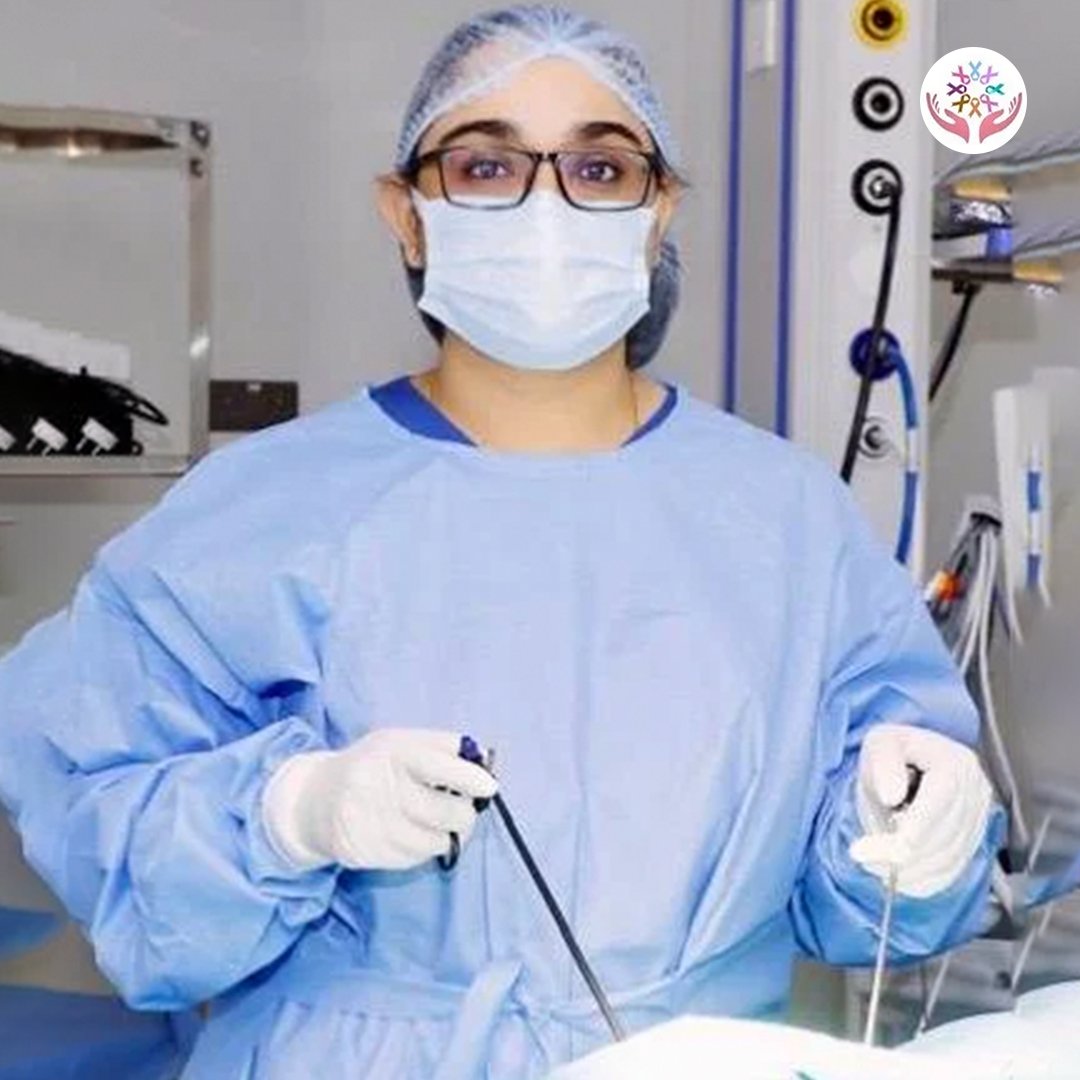
What is Ovarian Cancer?
Ovarian cancer develops in the ovaries, which are responsible for producing eggs and hormones such as estrogen and progesterone. Because it often progresses without noticeable symptoms, it is crucial to focus on early detection and timely intervention.

Symptoms of Ovarian Cancer
If you notice persistent symptoms, consult a healthcare provider promptly.
Risk Factors
While ovarian cancer can affect any woman, certain factors may increase the risk,including:
– Family history of ovarian, breast, or colorectal cancer
– Genetic mutations such as BRCA1 and BRCA2
– Advanced age
– Hormone replacement therapy after menopause
– Early menstruation or late menopause
Discussing these factors with your doctor can help you develop a personalized plan for monitoring or reducing your risk
DIAGNOSTIC CRITERIA OF OVARIAN CANCER
- Ovarian volume>10cm3
- Solid/complex(solid and cystic)
- Multiloculated
- Thickness of cyst wall>3mm
- Septal thickness>2mm
- Bilaterality
- Papillary excrescences
- Increase in vascularity
- RI<0.04
- PI<1
- CA-125
- HE 4, S. Inhibin

Advanced Treatment Options
Our clinic offers comprehensive treatment options designed to meet the unique needs of each patient:

Surgical Procedures
- Cytoreductive Surgery: Removes visible tumors to improve the effectiveness of other treatments.
- Oophorectomy: Surgery to remove one or both ovaries.
- Hysterectomy: Involves removing the uterus, fallopian tubes, and nearby tissues when necessary.

Chemotherapy Uses potent drugs to eliminate cancer cells, delivered either intravenously or directly into the abdominal cavity for optimal results.
Targeted Therapy
Focuses on disrupting specific processes or proteins essential for cancer cell survival.
Immunotherapy
Strengthens the immune system’s ability to detect and combat cancer cells.

Radiation Therapy
While not commonly used as a primary treatment, radiation may be employed to manage residual cancer or alleviate symptoms in advanced cases.
Our clinic also organizes community awareness programs to educate women about early detection and risk factors.
Prevention and Awareness
While ovarian cancer cannot always be prevented, certain measures can reduce risk:
- Genetic testing and counseling for those with a family history
- Maintaining a healthy diet and lifestyle
- Regular pelvic examinations
- Discussing preventive options like contraceptives or surgery with your doctor


Why Choose Us?
Skilled in treating all stages of cervical cancer.
Advanced diagnostic and therapeutic tools for effective results.
Treatment tailored to your individual health and life goals.
Comprehensive assistance during and after your treatment.
